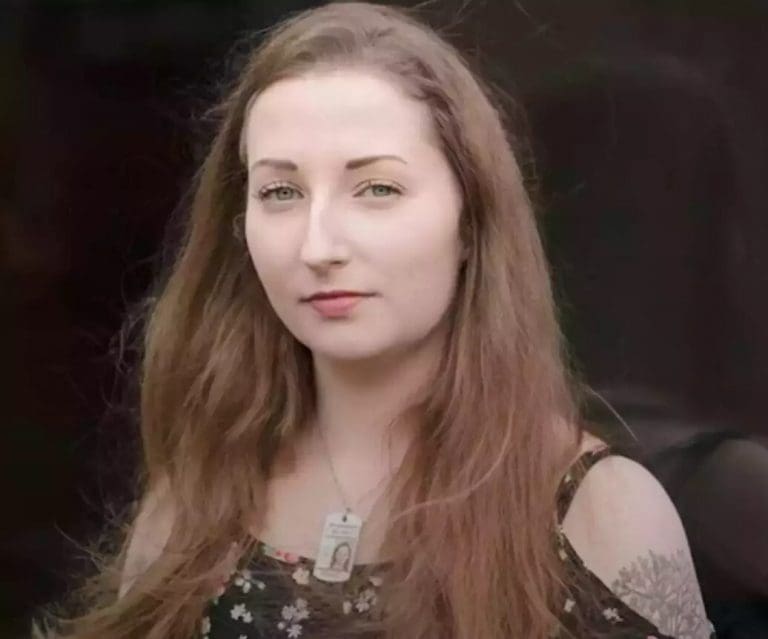Zoraya ter Beek, a 29-year-old woman from the Netherlands, has died by euthanasia shortly after her birthday. Zoraya had been open about her reasons for seeking assistance in dying, having been granted the right to euthanasia due to mental suffering. She described feeling relief at being allowed to die and anticipated her passing would be like “falling asleep.”
In the Netherlands, individuals can be granted the right to die if they experience “unbearable suffering with no prospect of improvement” and can demonstrate they are fully mentally capable of making such a decision. Zoraya suffered from chronic depression, anxiety, trauma, and an unspecified personality disorder. Despite trying various therapies, medications, and over 30 sessions of electroconvulsive therapy (ECT), she found no relief.
A blog post from a friend confirmed Zoraya’s death on May 22 at 1:25 pm local time. The post highlighted her efforts to ensure a correct image of euthanasia for psychological suffering. Zoraya had explained that she would be given a sedative followed by drugs to stop her heart. Her partner was present with her, though she assured him it was alright to leave the room if needed.
Zoraya had spoken about losing hope after ten years of unsuccessful treatments, leading her to apply for assisted dying. She emphasized the extensive safeguards in place around assisted dying in the Netherlands, addressing concerns about people being pressured into it. Zoraya explained that the process is long and complicated, involving multiple assessments and reviews by independent doctors.
Despite the controversy surrounding assisted dying, Zoraya’s case has brought attention to the nuanced and deeply personal decisions individuals face when dealing with chronic mental health issues. Her story has sparked a broader conversation about the need for compassion and understanding in dealing with such sensitive matters, as well as the importance of ensuring that those who seek euthanasia do so with full awareness and consent.




